Senator Ahmed Lawan is the Chairman and President of Nigeria’s 9thNational Assembly. His emergence as Senate President was prefaced by a lot of politicking and brick-bats within the ruling All Progressives Congress (APC) of which he is a member and between members of that party and the opposition parties particularly the People’s Democratic Party (PDP), the country’s former ruling party, now the main opposition. The PDP wanted a power-sharing arrangement if not a competition for space and influence in the entire National Assembly. Leaders of the APC insisted on a winner-takes-it-all proposition, especially with regard to the principal positions in the National Assembly. The APC went a step further: it insisted on anointing those persons the party’s chieftains wanted to be in charge of the National Assembly. The obvious reason for this desperation, and the attached emphasis on loyalty to the party, can be traced to the fact that in 2015, the politics of the leadership of the National Assembly was hijacked by forces led by Senator Bukola Saraki. Party leaders were left wondering what hit them.
By the time the dust settled, Saraki and his team had taken over control of the Senate. Yakubu Dogara and his Democrats team dominated the leadership of the House of Representatives. Saraki as Chairman of the National Assembly and Yakubu Dogara as Speaker of the House of Representatives were both members of the ruling APC, but they were independent-minded and determined to lead an independent legislature. The Godfathers of the party who believed it was their divine right to dictate the direction of not just the party but the entire government could not control them. From 2015- 2019, President Muhammadu Buhari thus had a testy relationship with the National Assembly, especially the Senate as the Saraki-Dogara-led 8thNational Assembly refused to be intimidated. The ruling establishment would not take things lightly. Saraki and his wife were charged with corruption. Saraki was taken to the Code of Conduct Tribunal. The Economic and Financial Crimes Commission (EFCC) accused Saraki of malfeasance and also investigated his wife. Key bills sent to the President for his signature were rejected and sent back. Budget proposals took months, because the Presidency and the Legislature could not agree on the details. Saraki and Dogara later moved to the Peoples Democratic Party (PDP). Yakubu Dogara would also not show any iota of enthusiasm to become a sycophant of the Executive arm of the government. President Buhari is on record as having accused both men of “lack of patriotism”.
For all of this and other reasons, you can forgive the chieftains of the APC for seeking to make life easier for the President by seeking to impose a pliant, malleable and “loyal’ Federal legislature on Nigeria after the 2019 general elections. The intention of the leaders of the APC, relying on the declared victory of President Muhammadu Buhari and the APC in 2019, is as we have seen, to protect the Executive arm of government at the Federal level. Hence, they named the principal officers of the National Assembly long before the votes were cast in accordance with Section 50 of the 1999 Constitution. They had their way. Everything went exactly according to the ruling party’s dictates. But then, this automatically created a moral dilemma for the newly emerged principal officers of the National Assembly. The dilemma is this: having emerged as anointed candidates of party leaders and the President, would they act in the national interest and run an independent legislature in line with the doctrine of the separation of powers? Will a National Assembly led by Ahmed Lawan and Femi Gbajabiamila perform its expected oversight functions and be accountable to the people of Nigeria? Or will it end up as a rubber-stamp Assembly, acquiescent and subservient? Ahmed Lawan and Femi Gbajabiamila promised to be independent and be the best that they can be, even if I recall that they both said also, that they would not go out of their way to antagonize the Executive.
Since the inauguration of the National Assembly on June 11, the Speaker of the House of Representatives has been accused of using the platform of the Blue Chamber to do the bidding of a party chieftain. We refer to the crisis in Edo State over the proclamation order inaugurating the Edo State House of Assembly, and the threat by the House of Representatives to take over that Legislative Assembly, after a session that dripped with emotionalism and sycophantic bias. Before then, shortly after inauguration, the leadership of the 9thNational Assembly had also been accused of sucking up too recklessly to the Presidency, seen as they were, going to the Presidential Villa to genuflect to the President. But the most shocking development since the June 11 inauguration is the manner in which the Senate has failed its first major test, with regard to the screening of Ministerial nominees for President Muhammadu Buhari’s second-term cabinet (2019 -2023). In 2015, it took President Muhammadu Buhari about 6 months to appoint a cabinet of 36 persons. Many Nigerians were disappointed. Such delay over an important task of statecraft creates uncertainty, promotes distortions and compels the investment community to become apprehensive. The absence of a functioning government and an Executive arm in charge of so many constitutional responsibilities slows down the country. The Buhari government practically struggled through its first term because it failed to hit the ground running. Buhari’s apologists choose to blame past administrations for this omission. There are Nigerians and international observers who disagree with them, and who submit that such delay should not be allowed to repeat itself ever again.
This is why many Nigerians were alarmed when in 2019, after the election of February 23 which brought President Buhari back to power and the inauguration of his government on May 29, 1999, and the June 12 Democracy Day which he declared, that the President still failed to announce a cabinet. Every one waited with bated breath as history threatened to repeat itself. About the same period, there were Presidential elections in other parts of the world. In South Africa, President Cyril Ramaphosa was elected with 57% of the votes. He announced a new cabinet within a week: a cabinet that was remarkable for its gender-sensitivity, inclusion and reduction of size. In May, Prime Minister Narendra Modi was also re-elected in India. He promptly announced a new cabinet. Joko Widodo returned to power in Indonesia. He is showing, funny as he is, a better sense of purpose. The other day, Boris Johnson was elected by an overwhelming 66% of the 160, 000 votes cast by Tory members, as leader of the UK Conservative Party and as Prime Minister of the United Kingdom. He has since formed a cabinet, a youthful, gender-sensitive, and ethnically diverse cabinet and has held his first cabinet meeting.
In comparison, Nigeria is still going through the ritual of identifying Ministers. The Senate which is responsible for screening and approving Ministers in line with Section 147 (2) had to inform the President that it was willing to postpone its annual recess by a week, and screen the Ministers if only the President would bring a list. The leadership of the National Assembly even took the additional step of going to the Presidential Villa to have dinner with the President. The President told them he was “under a lot of pressure”, and he prefers to appoint as Ministers, “persons who are known to him”. The following week, both Nigerians and the Senators made the Ministerial list an issue. The business community complained about stagnation. In one week, the stock market lost billions of Naira on account of creeping uncertainty. Eventually, President Buhari brought a list of 43 names who since July 23, have been appearing before the Senate for screening.
The list is not worth the wait. The screening process is ridiculous, some say it is a charade, some of us feel that the screening is a waste of time. In 2015, President Buhari promised a lean government; he merged some of the Ministries and submitted a list of 36 Ministers. In 2019, he has submitted a list of 43 Ministers, which points to big government and bigger overhead and a reversal of principle. The 2019 list passes the test of the Constitutional threshold which requires the President to pick at least one Minister from every state of the Federation. But it fails the gender test: only 7 women out of 43 (about 17% and absolutely no improvement gender-wise over the 2015 list). The list also fails the general test of inclusion. The average age of the nominees is 50+ leaving the Nigerian youths who wanted a place at the Ministerial table with a short end of the stick. Those who wanted a Government of National Unity have also been disappointed. The Ministerial list is exclusively an APC list. South East Governors of the PDP and APGA who submitted names of nominees were tactically ignored. President Buhari in choosing those he knows has submitted the names of party loyalists and 14 former Ministers. Questions have been raised quite legitimately about the selection process and how and why President Buhari retained 14 Ministers and added a total of 29 names who do not necessarily inspire undebatable justification about integrity and competence.
The screening process itself has been a huge disappointment and an anti-climax. Out of 31 Ministers screened by Monday morning, 18 were asked to just take a bow and leave. By the end of the exercise, we expect that up to two-thirds would have taken a bow. This screening process has been totally without rigour or colour. It is the Senate’s first major test under Ahmed Lawan’s watch and the result is woeful, if not absolutely ludicrous. Before now, the Senate had promised Nigerians that it would conduct a rigorous screening process. Instead, it has chosen to molly-coddle the nominees. The argument that the Rules of the Senate allow the Senators to ask persons who had been in the federal legislature before now to take a bow and go turned out to be an excuse for sycophancy and abuse of privilege. The Senate violated its own rules when it over-stretched that privilege. Female nominees were asked to take a bow and leave. We were denied the opportunity to hear them out – that’s sexist. One nominee was asked to take a bow because he comes from the same state as the Senate President and his brother has been a loyal and committed party man. That is nepotism! Another nominee was described as “handsome”. What nonsense! The Senate President actually used his mouth to describe one nominee as a “beneficiary by chance”. What’s that? A minister by chance? That’s stupid.
Even the nominees who were subjected to some friendly conversation to give the whole thing a veneer of seriousness got at best a handshake. Abubakar Malami, one of the returnee 14 stood before that Senate and gave a general interpretation of Section 174 of the 1999 Constitution in an attempt to justify the Buhari government’s routine disobedience of court orders. He made a disingenuous case for the superiorisation of national interest over private interest in a manner that ridicules the sanctity of court orders and Chapter 4 of the 1999 Constitution on Fundamental Human Rights. He misinformed the Assembly on the spirit and the letter of the law. He over-stretched section 174 beyond prosecutorial discretion. It is not within his remit to cherry-pick. There are lawyers in that Senate. It is the job of the lawmakers to make laws for the good governance of the country. There was nobody in that Senate who could stand up and engage Malami on the overriding importance of Chapter 4, the most sacred part of the Constitution which cannot be amended without the concurrence of two-thirds of the National Assembly.
Someone asked Festus Keyamo to recite the second stanza of the National Anthem, but the Senate President who had reduced himself shamelessly to the role of a goalkeeper of the Buhari FC, raised an objection and directed that the question should not be asked. I also don’t think that was an intelligent question but generally, the Senators could not come up with anything more intelligent other than to ask Junior WAEC questions because they were probing in the dark. Nobody knew the portfolios of the would-be Ministers. Hence, the entire exercise was at best a guess-work. Rather than insist that the President should provide the portfolios forthwith as many Nigerians had demanded, the Senate turned itself into a Presidential Liaison Office and started arguing that there is no such provision in the Nigerian Constitution. Is it everything that is written into the Constitution? Common sense is important in legislative work. But nowhere do the framers of the Constitution write expressly that the law must be interpreted in accordance with the rules of commonsense and equity, even when anything to the contrary would amount to a violation of the law.
Ahmed Lawan’s Senate lacks the moral right to reject any Ministerial nominee. It would have been better, all things considered, if the lawmakers had just received the President’s list, endorsed it at one sitting, and proceeded promptly on their recess. The utterly incompetent screening process, the Senate’s silly extension of its scope of discretion and the sheer display of sycophancy – clearly confirm the impression that this is simpliciter, a rubber stamp National Assembly. In the end, the Constitution grants the President of Nigeria the powers to choose his own team as he deems fit. It is just that a cabinet list of party apologists and loyal associates is not in Nigeria’s best interest. Not seeing through that, Ahmed Lawan’s National Assembly is most urgently in need of soul-searching, re-set and sober reflection. This should be the next assignment for a seemingly heavily compromised 9th Assembly.








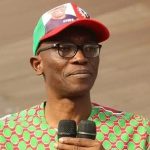



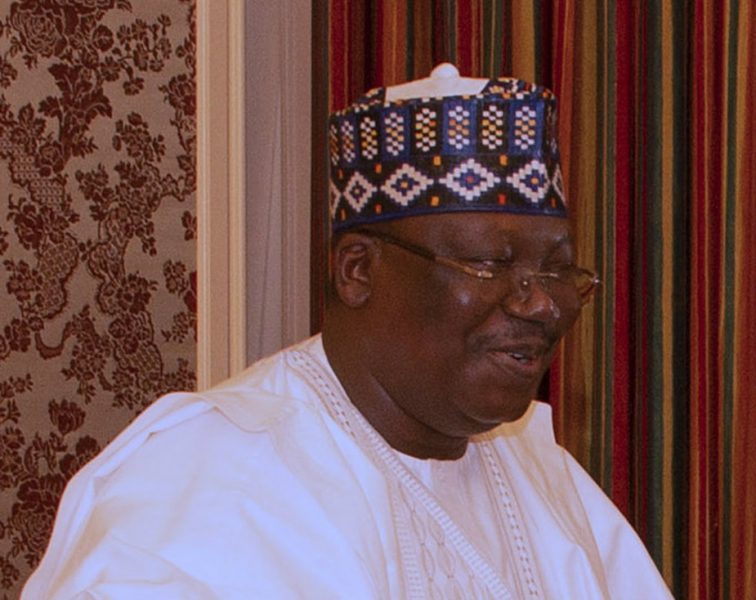
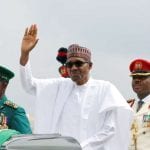
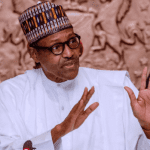
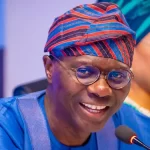
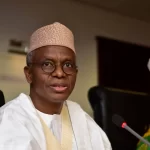


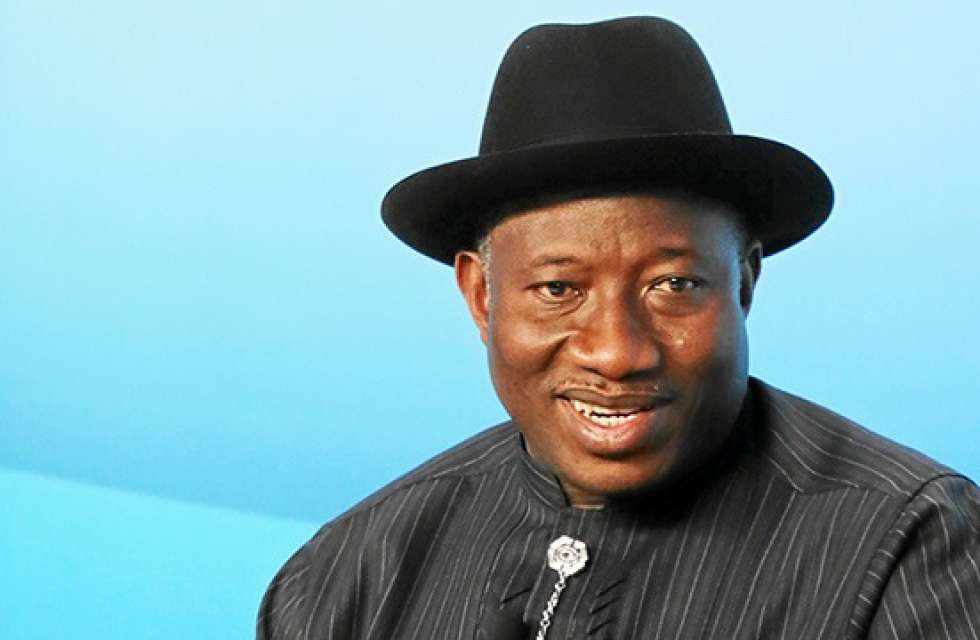
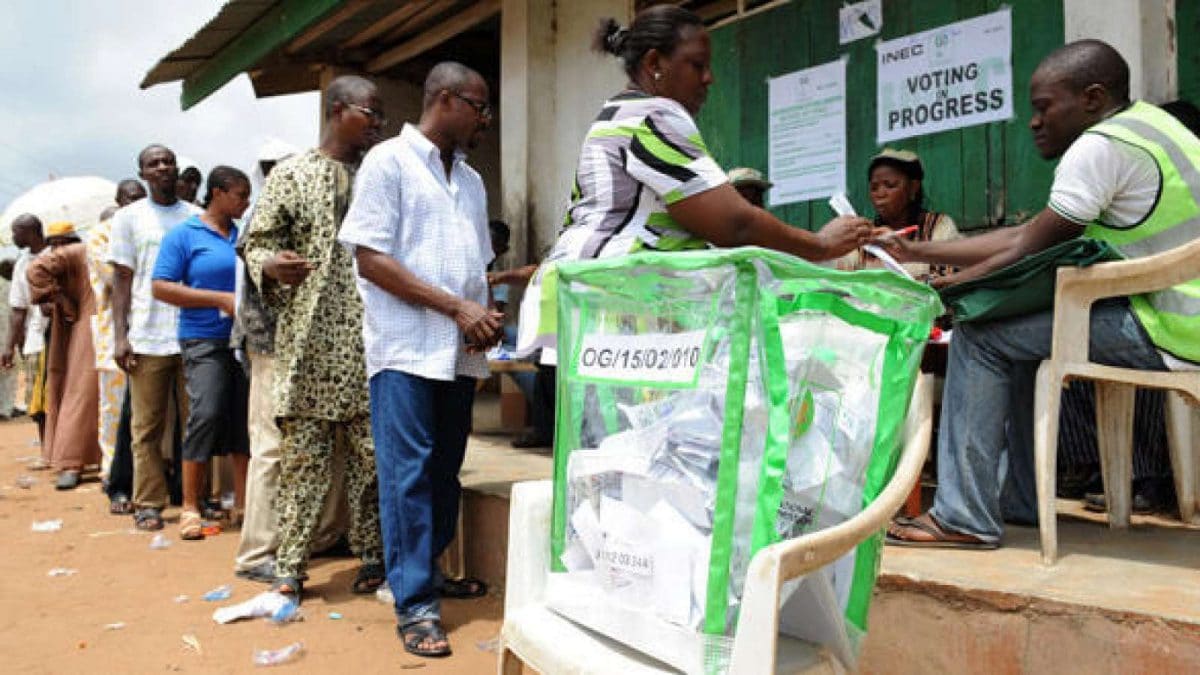
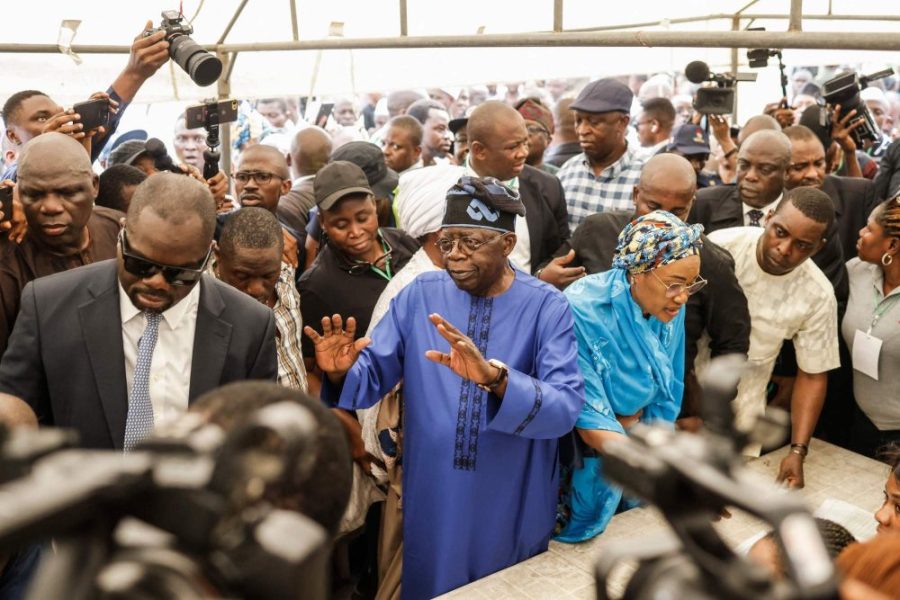
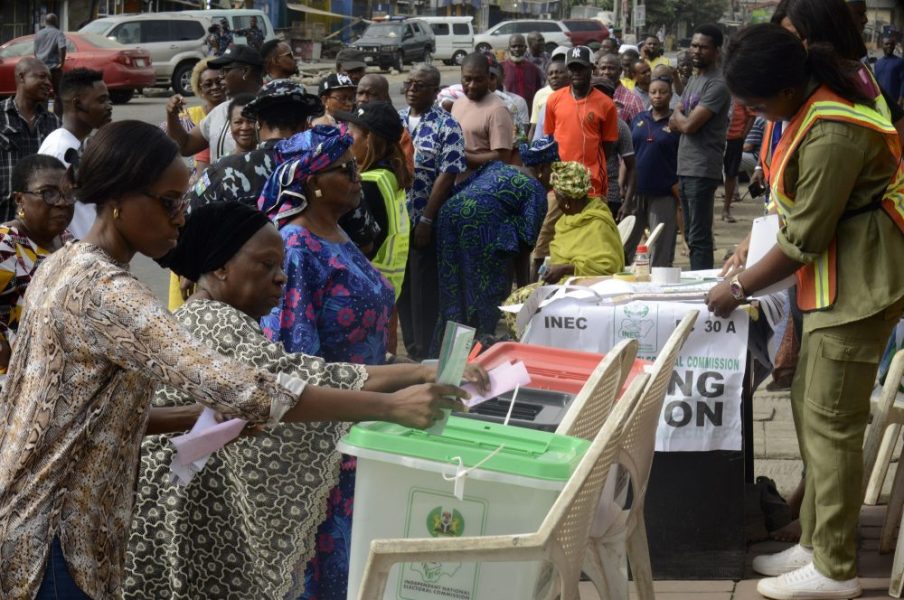
Leave a comment